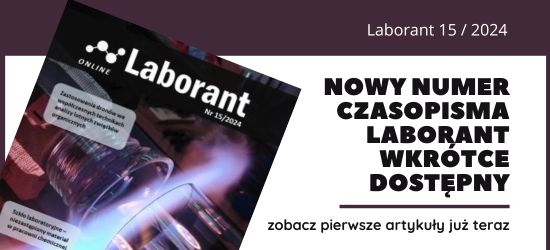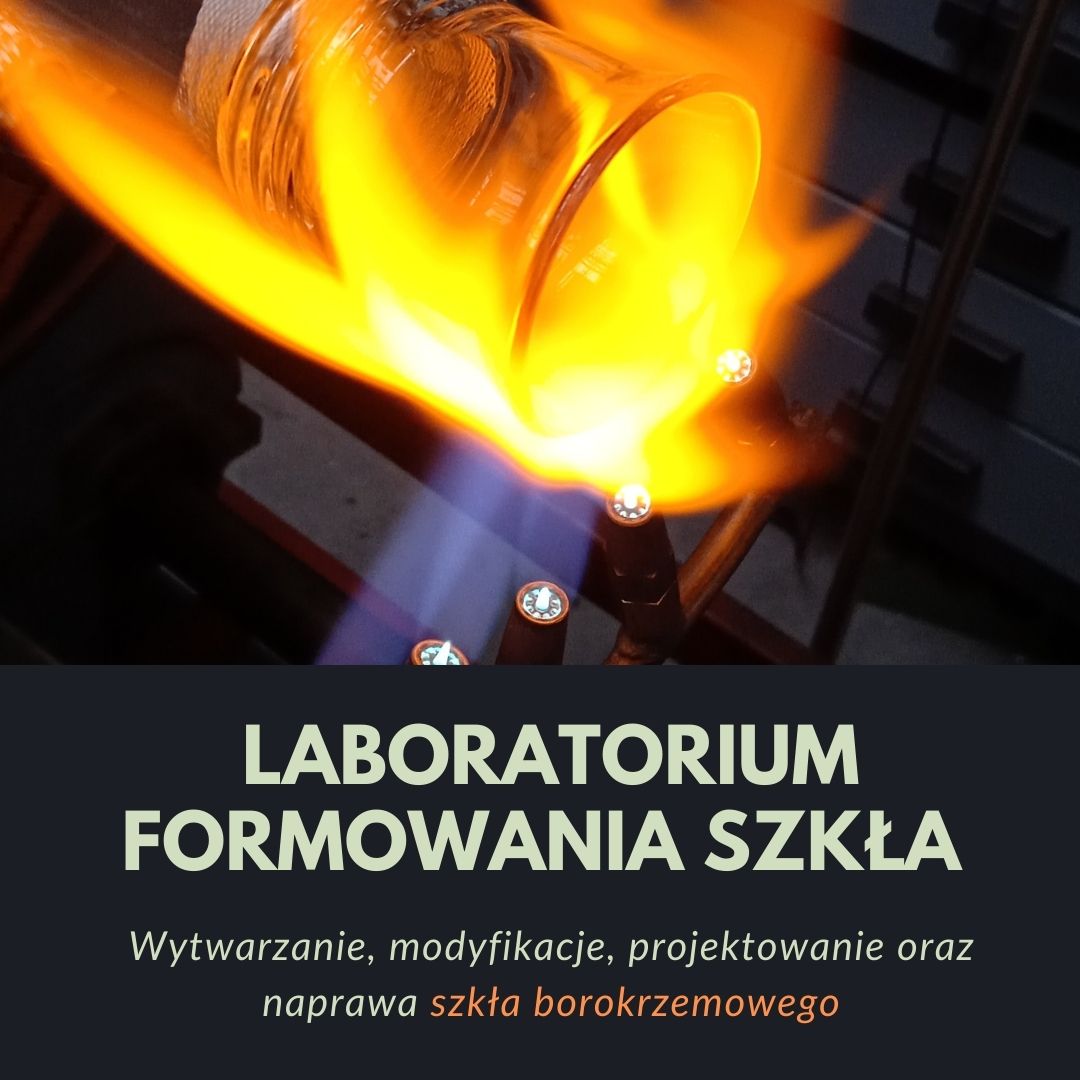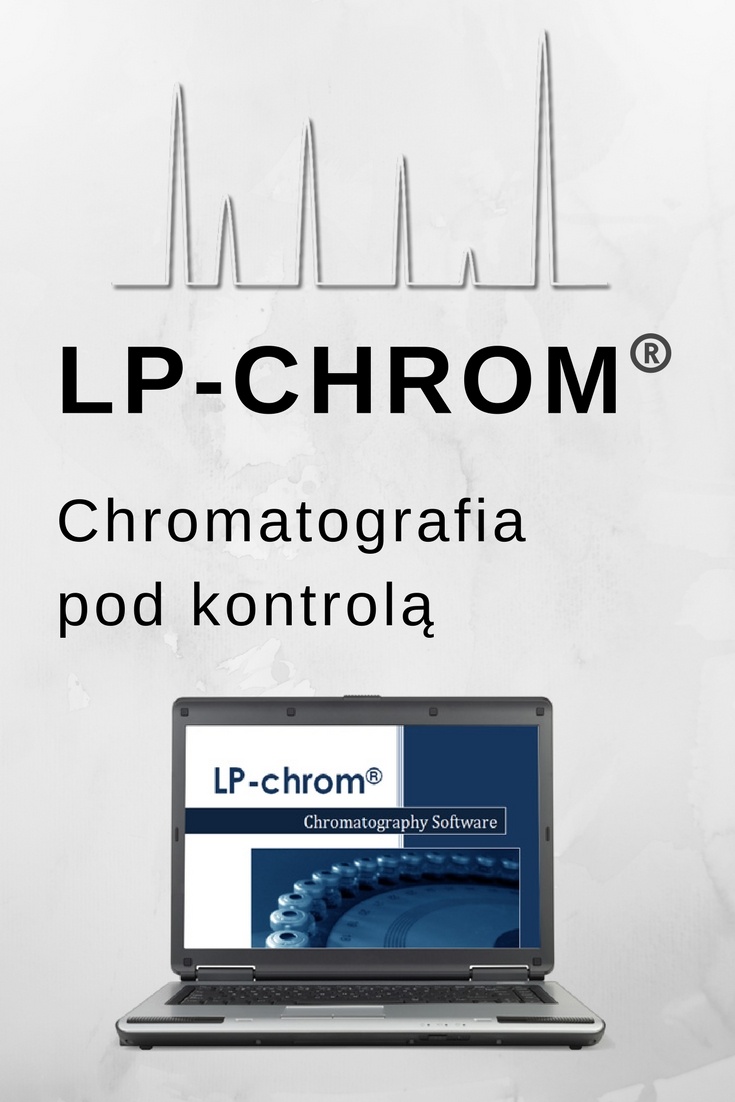Vice President of Global Market Development of Life Technologies
Speaker at Bioforum 2012
strony wersji drukowanej: 10-11
strony wersji drukowanej: 10-11
As Vice President, Evangeline Gonzalez provides expert leadership to the Research Market Development organization and is responsible for strategy, functions, processes and accelerating growth within the company’s core basic research markets. Previously, Gonzalez was Vice President of Market Development and Product Management for several technologies within Life Technologies including Protein Technologies, Sequencing and Molecular Biology businesses. In these roles, she was responsible for improving Life’s understanding of its customers and their preferences and leveraging this understanding to focus Life’s resources and value proposition to ensure that each distinct part of Life Technologies product portfolio is successful. Gonzalez has more than 16 years of marketing experience within the biotechnology industry. She began her career at Pharmacia Biotech in 1996 as a research associate developing products for protein separation. She worked in R&D, Product Marketing and Strategic Market & Business Development, holding various assignments of increasing responsibility at Genentech, Applied Biosystems and Invitrogen Corporation.
Molecular diagnostics assess biological makeup at the genetic level. Unlocking DNA code can reveal variations between individuals which may represent a predisposition to develop a disease or even treatment options that may be more effective in some people. Since several years it can be seen dynamic development of this discipline, both in molecular diagnostic technologies and all related marketing processes. We have asked Evangeline Gonzalez about her point of view on the molecular diagnostics market in Central Europe.
Is molecular diagnostics market becoming global, or is it divided into many small local centers?
It is divided. Ultimately it is the local payer and the local health care system that drive the needs of the MDx market.
What is better? Global and universal molecular diagnostic market, or local which is adapted to its needs?
There are benefits to both and can be complementary to each other. There are two driving forces:
1. Investment into MDx development requires a global outlook to assure the greatest return for the investor
2. A local market should seek to minimize total health care costs and has the option to draw the best solutions created by the global market.
What are the main needs of Molecular Diagnostics Market in the 21st century?
Fundamentally MDx data is only valuable if it impacts patient management. That may be in the form assigning patients to treatment choices, assigning patients to risk categories, avoiding toxicity, etc. Therefore, it is the responsibility of the MDx market to make itself relevant by always keeping patient management and its stakeholders in mind. Specifically, assay design should be tailored to properly answer the right clinical question, healthcare practitioners should be well versed in the utilization and interpretation of the assay, and payors should be well aware of the impact and value of these tests.
What are the most common mistakes committed by entrepreneurs/developers in marketing their technologies?
The most common error is viewing disease solely through the biological mechanisms underlying the condition, and not considering the healthcare environment. This includes the implementation of the test into practice and the health economics.
Do you have any tips for them?
Think beyond disease as a complex of biological mechanisms. Instead, think of disease as a series of clinical management questions: biological, economic and functional. If I were an entrepreneur I would ask myself the following questions: What are the current critical clinical dilemmas impacting the market? Will my proposed solution help decide a treatment choice, will it reduce costs, risks, or a combination? Finally, can it be adopted reasonably?
How does the easiest way to success in marketing technologies look like or should look like? Do you know any short guideline?
All diagnostics must register value along three key factors: clinical outcome, economic impact, and barrier to adoption. In other words, one may expect that a test that can simplify a complex clinical decision that significantly impacts patient outcome, is easy to adopt will be desirable by clinicians. However, payors must see a patient benefit that is not outweighed by the cost of implementation.
Tomasz Sznerch
Chief editor, Biotechnologia.pl





